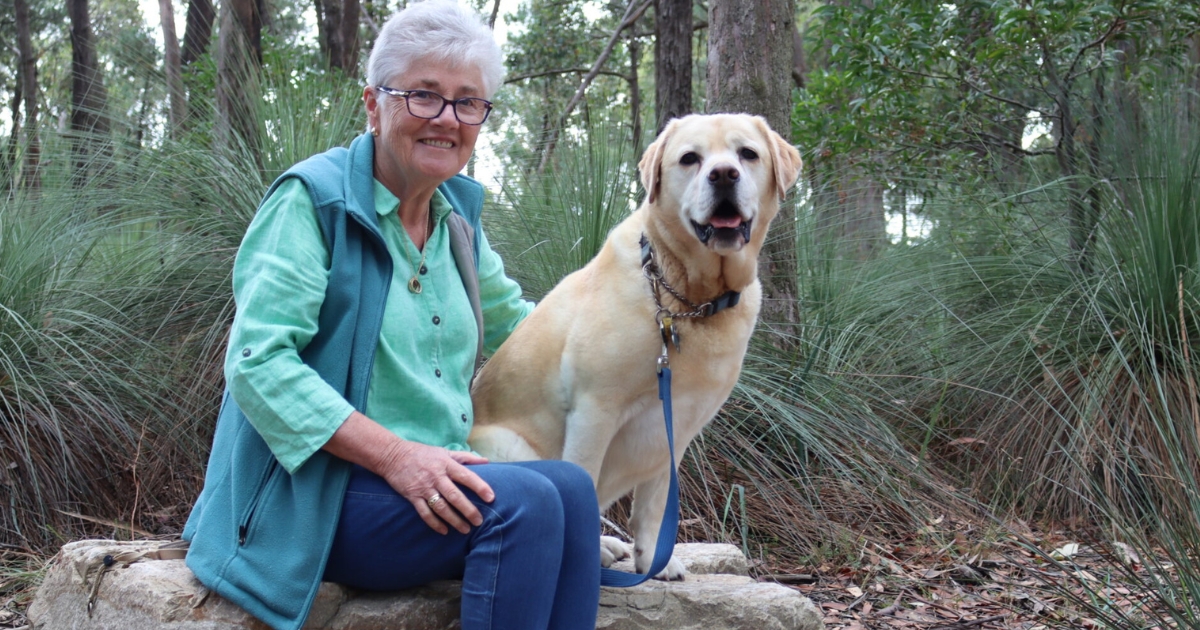Push to wind up failed plastics recycler
A COURT will be asked to wind up the company behind a soft plastics recycling scheme that’s left mountains of waste across the country.
Authorities have discovered more than 30 stockpiles of plastic in Victoria, NSW and South Australia after the REDCycle scheme was paused last year.
Efforts are now underway to make those sites safe amid fears a fire could threaten public health and safety, but it’s not clear who’ll pick up the bill.
It’s now emerged that BTG Logistics – a creditor that claims to be owed money for storing 660 tonnes of plastic – has applied to have the company wound up.
The application, against RG Programs & Services Pty Ltd trading as REDCycle, will be heard in the NSW Supreme Court on 27 February, a lawyer for BTG said.
It comes as environment protection authorities in three states try to deal with the fallout involving 32 storage sites and about 12,400 tonnes of plastic.
Four more warehouses were found in Melbourne last week, and on Friday the NSW Environment Protection Authority warned Coles and Woolworths that they might be forced to deal with the problem.
Coles and Woolworths acted as collection points for the waste generated by their own products, but also from other sources including online shopping.
“Thousands of customers diligently collected soft plastics and dropped them into their local supermarket’s collection bin because they trusted their waste would be diverted from landfill and recycled,” NSW EPA chief executive Tony Chappel said.
Instead, plastic had been found piled from floor to ceiling at storage sites, creating a potential danger to the public.
Both supermarket chains have been given preliminary clean-up notices for more than 5200 tonnes of plastic stored across NSW. They have until later this week to respond.
Both chains have expressed disappointment suggesting what happened was out of their control, and they didn’t know what was happening.
REDCycle blamed unforeseen challenges when it paused its program last year, including an exponential increase in the volume of returned plastic, and recycling partners refusing to accept and process collected plastic.
– BY TRACEY FERRIER/ APP



















